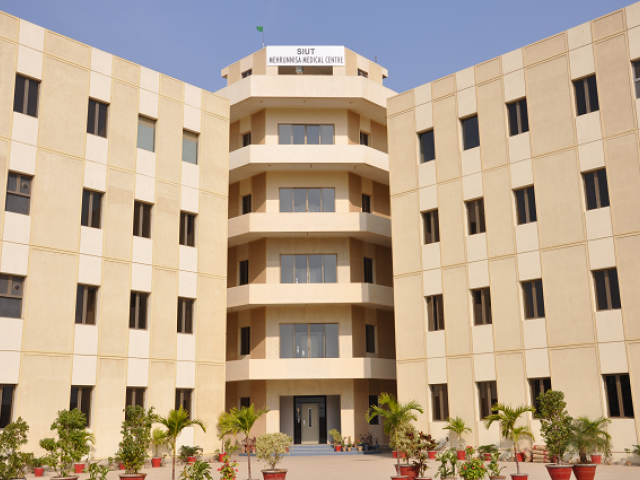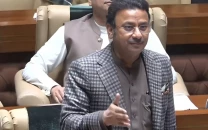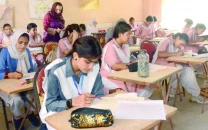Health experts discuss need for promoting organ donation
Inclusion of organ donation pledge on driving licence and CNIC forms suggested

Inclusion of organ donation pledge on driving licence and CNIC forms suggested.
PHOTO: FILE
Speaking on the occasion, Prof Anwar Naqvi of SIUT discussed the social and cultural reservations regarding organ donation of the deceased. He said that five components of the society including government, clergy, media, public awareness and medical profession could bridge the deep social and religious divide on the issue.
SIUT confers degrees on over 300 students
Prof Naqvi presented the international index of successful programmes implemented in many parts of the world. He said that regrettably Pakistan did not configure on the list of these countries and shared that the index did included five Muslim countries. Stressing the importance of public mobilisation and creating awareness, he said the hospitals and their appointed transplant coordinators could play an important role.
Prof Mirza Naqi Zafar of SIUT also spoke on the occasion, highlighting the legal process initiated by the apex court under the aegis of Law and Justice Commission. He said that directives issued by the commission included addition of organ donation pledge on driving licence and national identity cards and mandating public and private hospitals to report all brain deaths within six hours.
Dr Nasir Luck, Dr Farina Hanif and Dr Sadia Nishat from SIUT presented their findings concerning media, public outreach and aspects of brain death. Other workshops conducted discussed issues pertaining to cardiology, stroke management and gynaecology.
The summit concluded with a pledge to foster more cooperation between the two medical bodies in the field of education and healthcare.
Published in The Express Tribune, December 23rd, 2018.



















COMMENTS
Comments are moderated and generally will be posted if they are on-topic and not abusive.
For more information, please see our Comments FAQ